Not since the invention of penicillin, or maybe even Play-Doh, has an accidental discovery been as epic as the revelation that the Academy Awards show doesn’t need a host.
Just visualise it: No host.
OK, not a great visual but it’s only TV.
Blind luck has often played a role in world-changing breakthroughs and, in the case of the Non-Hosted Oscars, blind luck drizzled with bad taste, bad vetting, bad foresight, bad values, pitiless social media and widespread early-onset flop sweat, added up to a delightfully obvious remedy to a 91-year-old problem: The Academy Awards as drying paint.
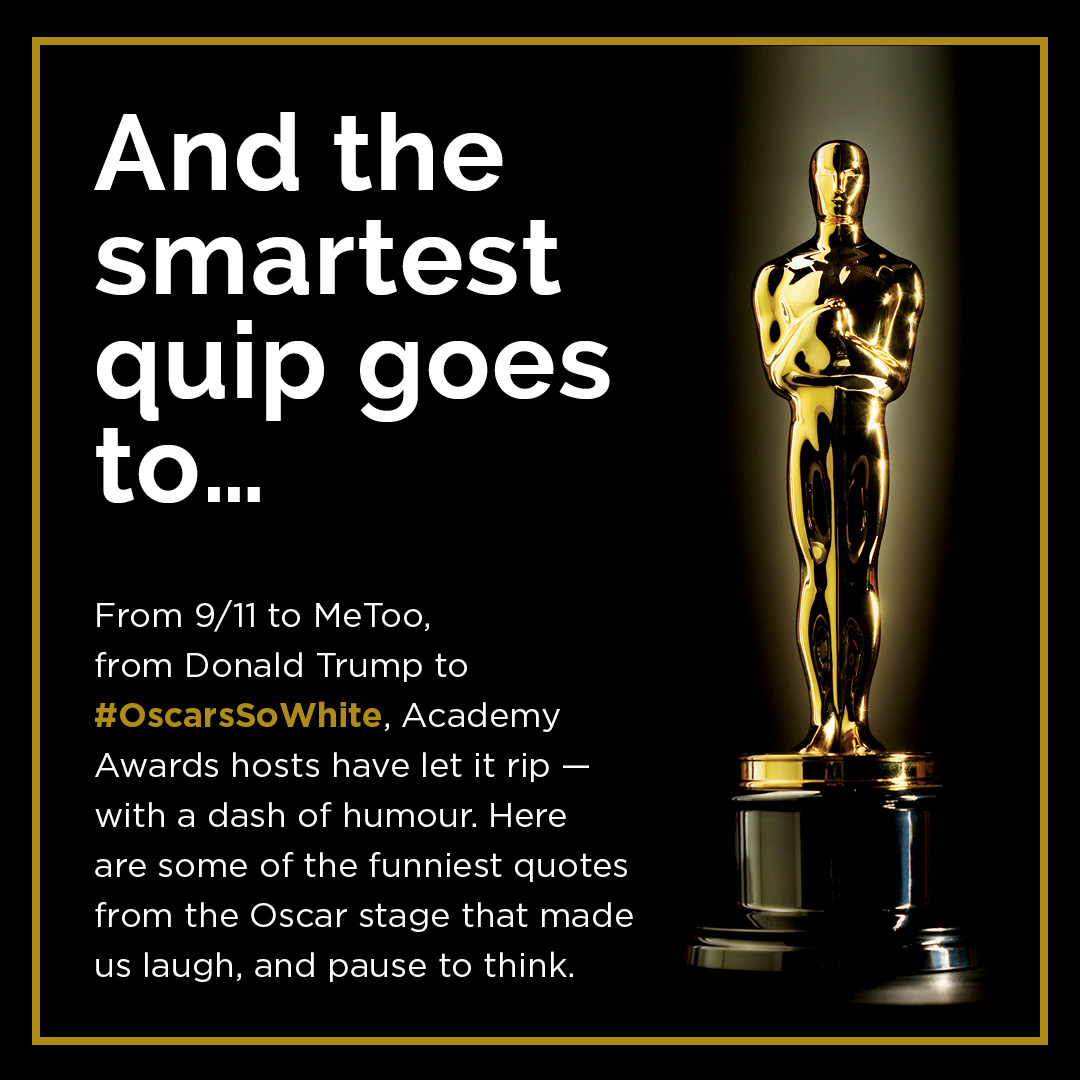
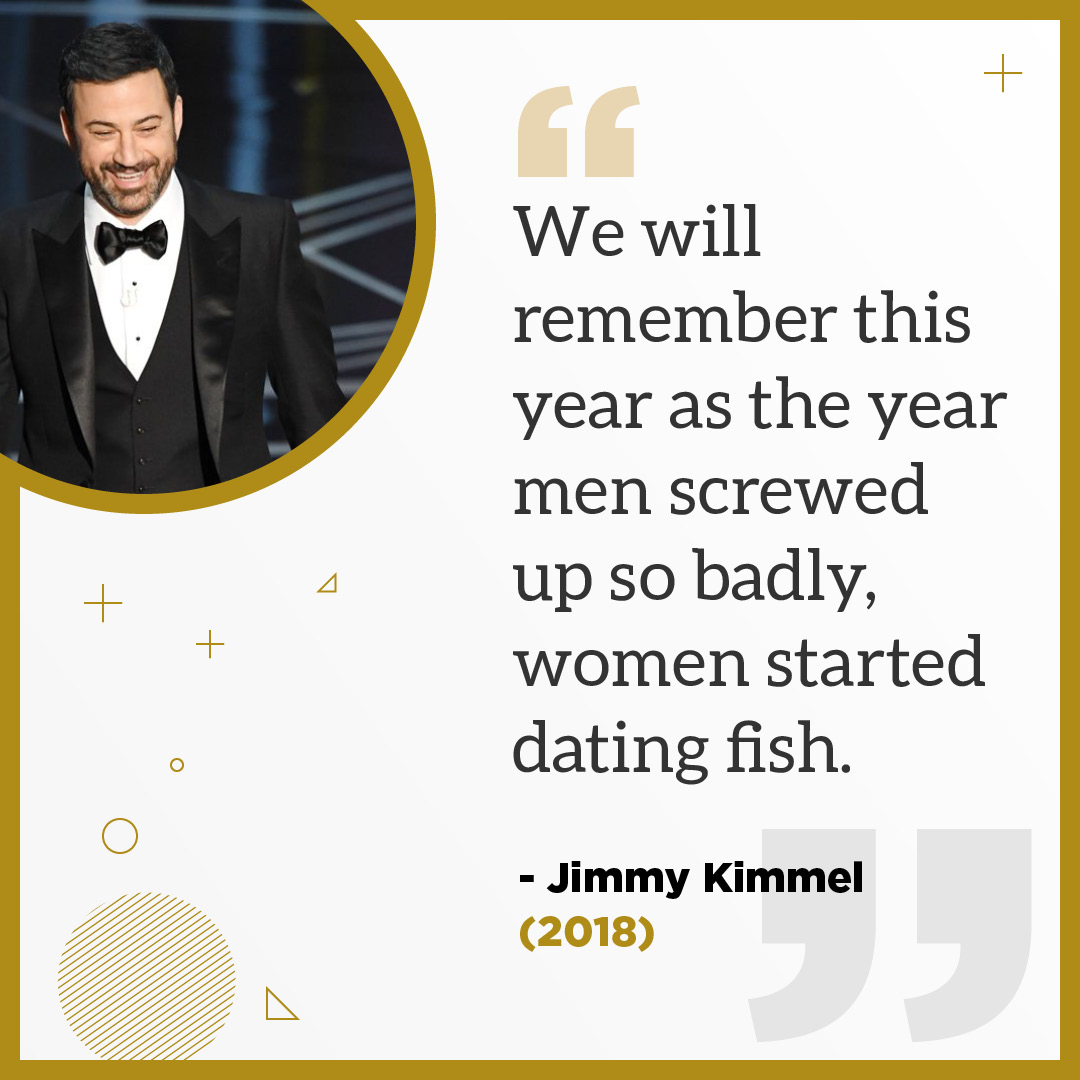
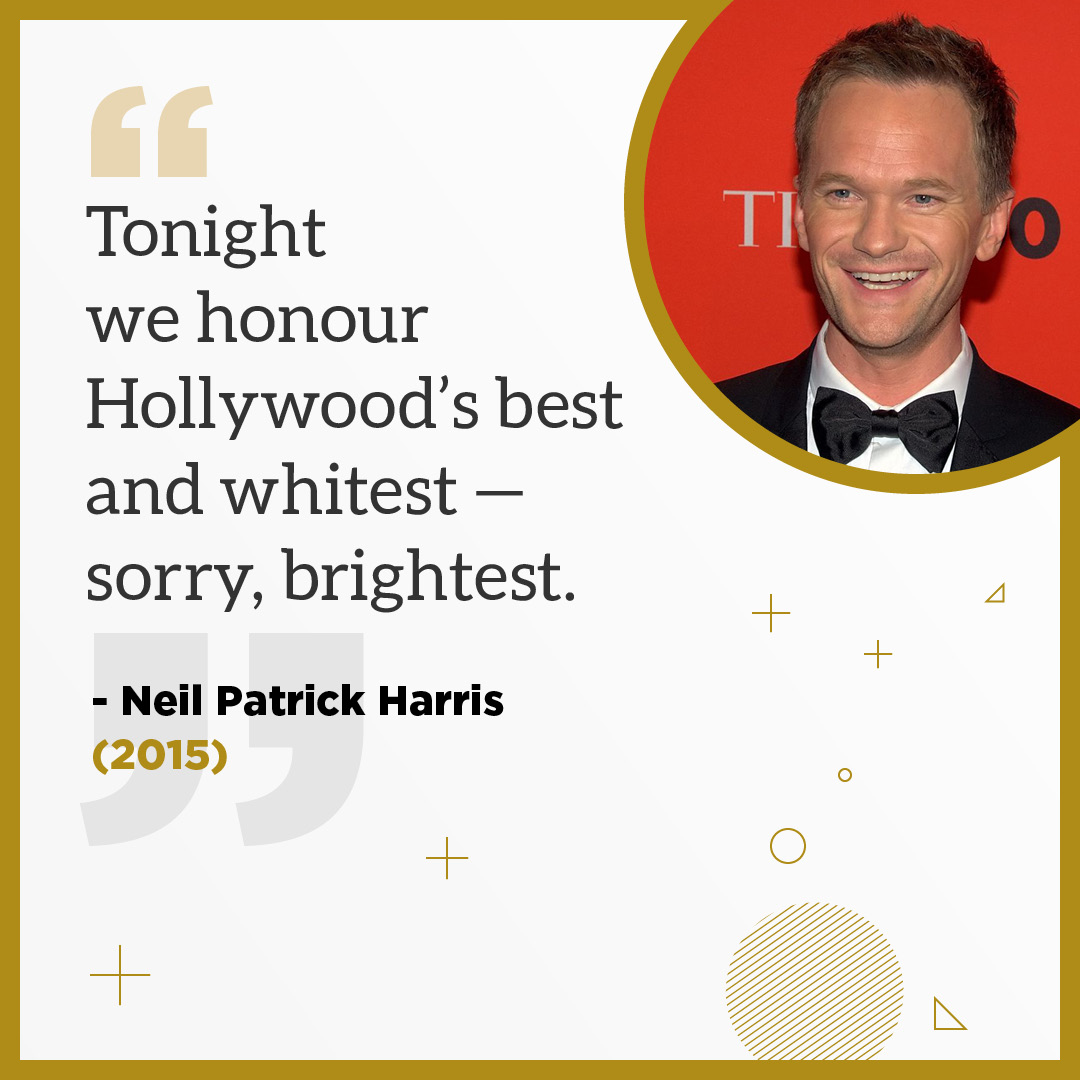
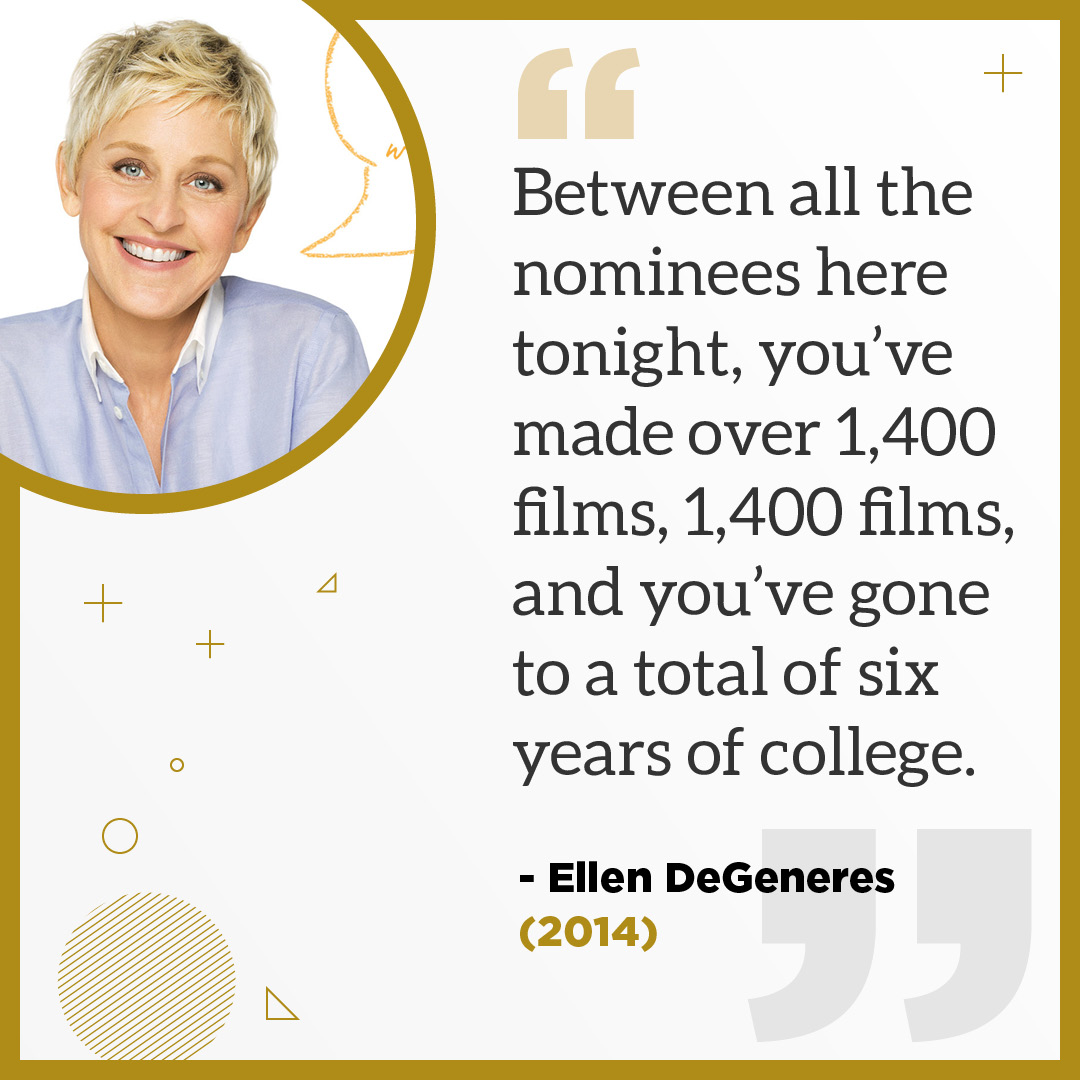
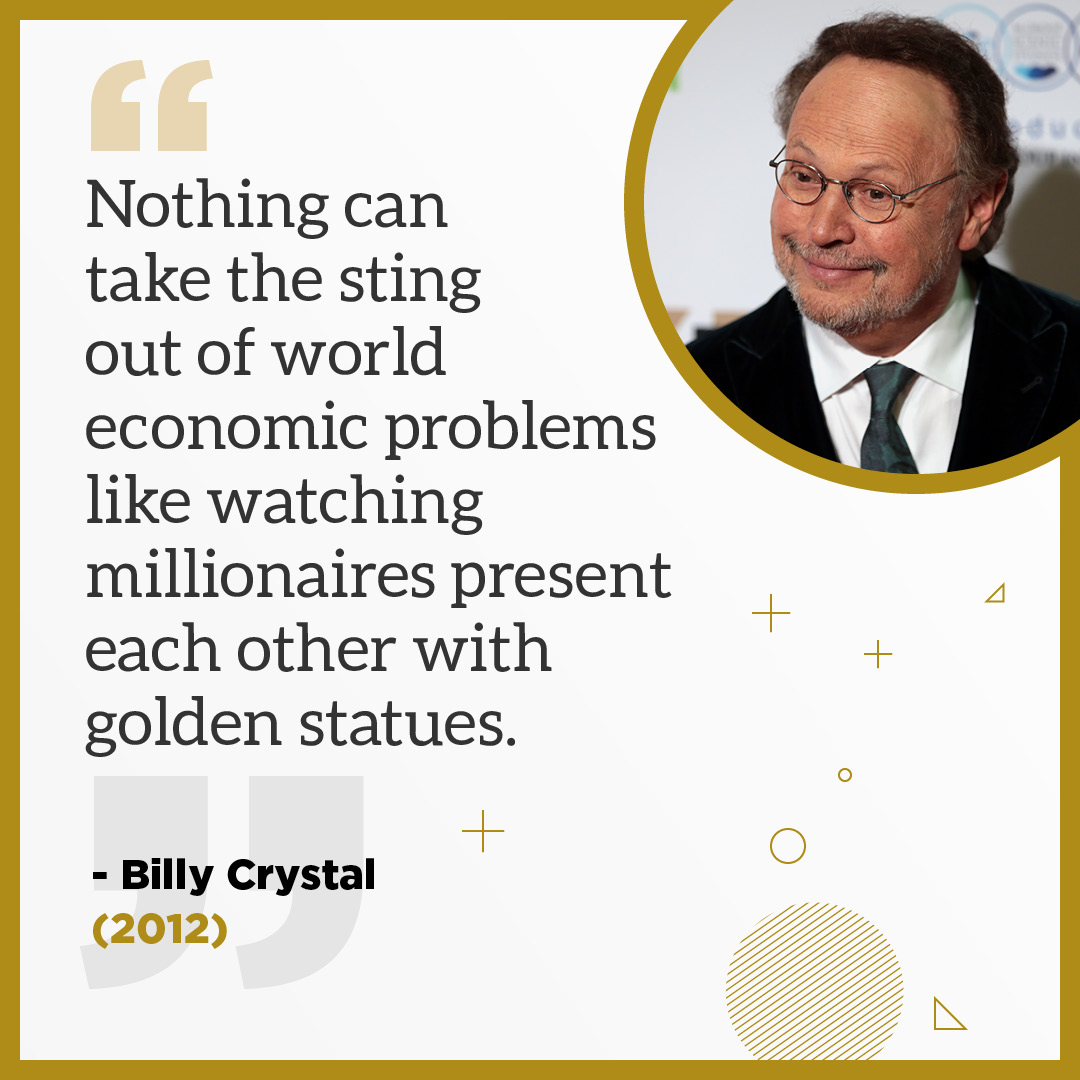
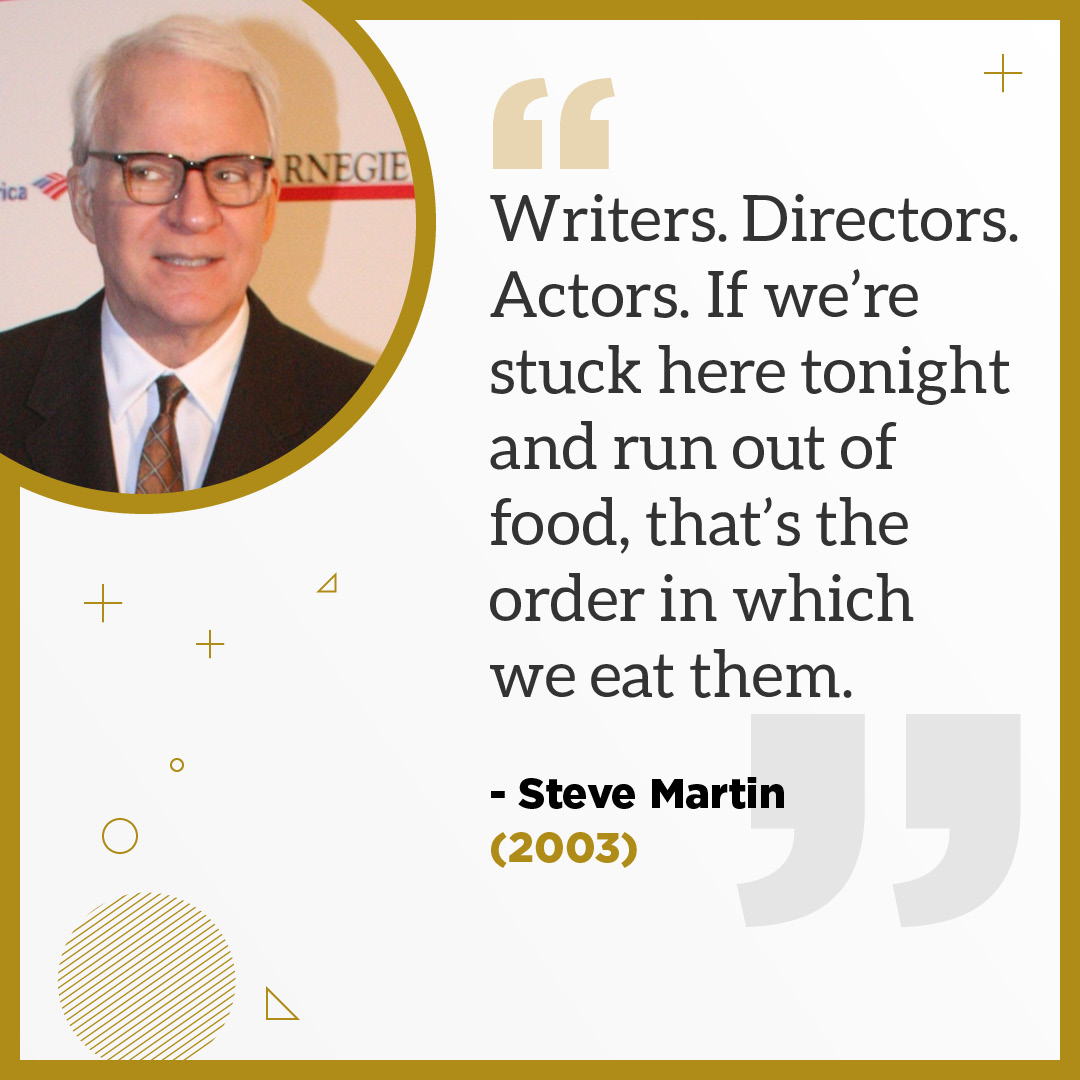
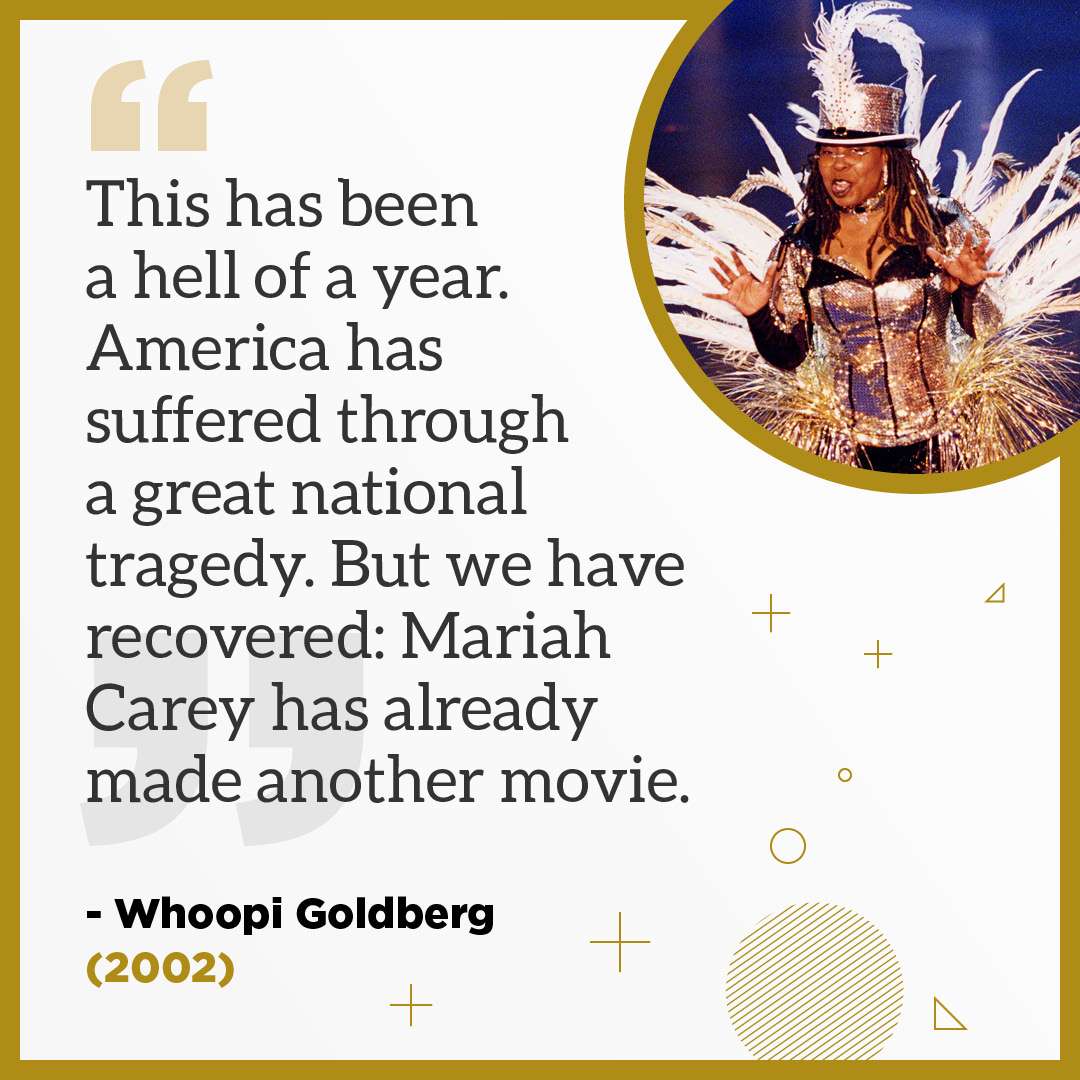
Graphics by VisualBest
Now, with momentum at its back, the academy should ride its sudden wave of innovation. With a few more newfangled tweaks, the Academy Awards telecast can someday be right there on the cutting edge of passé.
Which brings us to the other fangle that the academy should consider: the No-Thanks Amendment, in which Oscar winners are forbidden to thank anyone. Unlike most new laws, grasping the rationale behind this prohibition requires insight as unexceptional as the no-host verdict.
First: The typical, lifelong Academy Awards show viewer — a demographic couched somewhere between Lipitor and Synthroid — has lost roughly three weeks of life to the phrase “I would like to thank ...”
These viewers deserve to be made whole. They are the people who still watch movies in theatres. They read reviews written by people paid to be film critics. They know who Irving Thalberg was and vaguely who Kevin Hart is. They are even savvy enough to find it refreshing if, say, a makeup artist accepts an Oscar and says: “The truth is, this film was not a total team effort. My work with facial toner is all that saved this project from complete disaster.”
Cool, no?
Moving on.
Traditionally, after saying, “I would like to thank ...” Oscar winners mention 10 to 50 names. Unfortunately, American viewers tend to have little awareness of anonymous people. There are at most six documented cases of a Michigander saying, “Oh, she’s repped by Ben Anderson at CAA. Now it all makes sense.” Hence, in the unlikely event Emma Stone ever needed help in her career, the No-Thanks Amendment would compel her to thank her agent at the valet stand. Or at the Vanity Fair after-party. Or over the phone months later.
After thanking their professional hangers-on, winners thank spouses, parents and children. In an industry at demonstrable odds with most family values, such gratitude rings hollow and stupefyingly meh. Sure, there are instances when something super fun occurs during these moments — like when Hilary Swank thanked everyone on two coasts except her husband — but such anomalies hardly offset a thousand hours of “All right, enough already.”
Home, or ski home or Martha’s Vineyard home or Malibu home is where the heart is. Families thanked at all four will most likely get over their nationally televised snub.
Finally, there’s the ultimate in pointless gratitude: “I would like to thank the academy.”
Dear Oscar winners:
A) Just because you “would like to” do something, doesn’t mean you have to.
B) It’s quite possible you would be thanking a body in which only half the voters chose you. In fact, with potentially 10 best picture nominees, Oscar winners could wind up expressing heartfelt gratitude to seven of 10 people who didn’t like their film in the least.
[Note to academy: Go back to five best picture nominees. This is an Oscar, not a participation trophy. What was “an honour to just be nominated” is now “a slap in the face” not to be nominated.]
C) In thanking the academy, you don’t know who you’re thanking. We all get academy screeners that we illegally mail out to relatives in other cities. But who are these people who actually vote? No one knows. Rumors of a Hollywood skin-deep state crop up but go unconfirmed. Someday the truth will emerge. In the meantime, unless an Oscar winner is so richly undeserving (oh, say, “The Artist” as best picture, 2012) that the academy deserves thanks purely for its horrific taste, we can toss this bit of obligatory politeness out with the others.
OK, that’s the broad strokes of the No-Thanks Amendment. Not bad, huh?
Well, in fairness, there is a potential downside.
Judging from scattered reports that reach Los Angeles, America is going through troubled times, and movie people tend to take all forms of injustice more personally than those victimized. With the No-Thanks Amendment freeing up much of the 45 seconds allotted for acceptance speeches, political speechifying could become highly oppressive, possibly polarizing and certainly incoherent.
Luckily, harrowing problems breed novel solutions.
Consider the idea of enclosing in the winner’s envelope a list of three issues affecting our nation from which the Oscar recipient must either choose one to spout off on or none. Oscar winners, accustomed to working off a script may very well choose none, then have little else to say before leaving the stage. And really, isn’t that the dream?
In fact (oh my God!) here’s another brilliant innovation: If you win an Oscar and simply grab your statuette and walk offstage without saying a word, you get one past violation of political correctness expunged from your record and 10 per cent off the $30,000 fee for your star on the Walk of Fame.
Wow, beyond mere progress being made, we could be inching toward a revolution. A revolution that will be televised. And draw incredibly modest ratings.
Now you’re excited, aren’t you?
Don’t thank me.
Peter Mehlman is a former executive producer of “Seinfeld” and the author of a forthcoming novel, “#MeAsWell.”
c.2019 New York Times News Service












